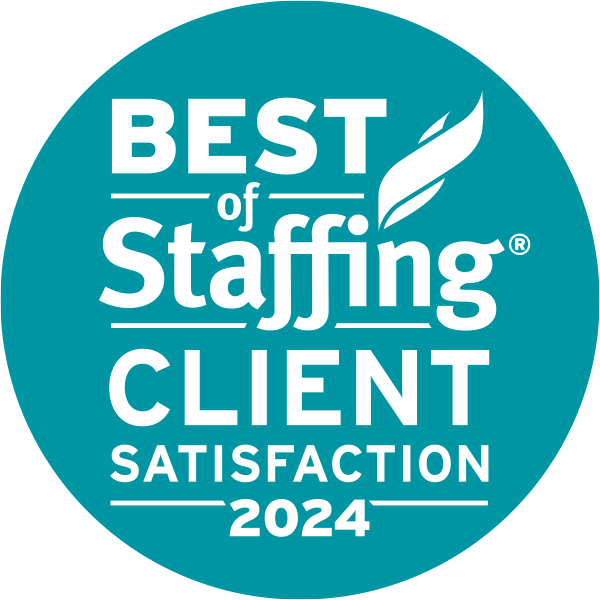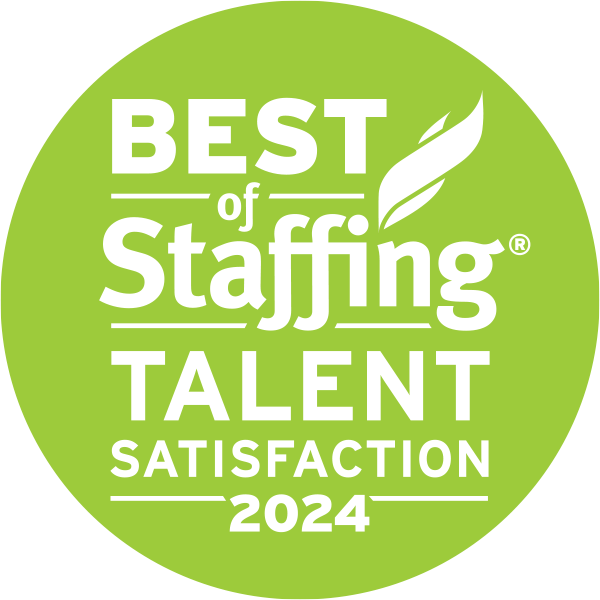 They were born (roughly) between 1980 and 1995, making them between 20 and 35 years old today. Many entered early adulthood at the start of, and grew up during, some of the worst financial crises our country has ever seen, including the Great Recession. And, above all else, they’re the latest generation to receive harsh criticisms from their predecessors.
They were born (roughly) between 1980 and 1995, making them between 20 and 35 years old today. Many entered early adulthood at the start of, and grew up during, some of the worst financial crises our country has ever seen, including the Great Recession. And, above all else, they’re the latest generation to receive harsh criticisms from their predecessors.
They are Generation Y; the Millennials. But why have they received such a bad rap?
Sure, Millennials are said to be “self-centered”, “entitled”, and “narcissistic” even, but did you know:
- One in three American adults will be a member of the Millennial Generation by 2020
- They already make up the overwhelming majority of the American workforce (about 75 percent to be precise)
- Millennials account for more than $1 trillion (yes, trillion with a “T”) of consumer spending
- Nearly 80 percent of all Millennials hold at least a Bachelor’s Degree
- They’re the most diverse generation in history, as 43 percent are non-white
The fact of the matter is, as Baby Boomers begin to retire and Gen Xers keep aging, Millennials will continue to overtake the American workforce and be the primary driver of the economy (a role they already are beginning to assume). This makes the success of the Millennial Generation mission critical to the success or eventual failure of our economy. Said differently, this younger generation is, or will become, mission critical to your organization’s success.
Considering it’s now nearly impossible to avoid hiring a Millennial, it’s time that we start debunking some of the critiques Gen Xers, Baby Boomers and the like have been hurling at their younger counterparts:
- Millennials are lazy: This is one of the most common themes in the myths that surround Millennials. Critics say things like, “they expect to be the director on day one,” or (my personal favorite) “they expect the boss to get them coffee.” However, laziness is an antithetical characteristic for Millennials. According to a recent poll, 59 percent of Millennials say competition is what gets them up in the morning, compared to just 50 percent of Baby Boomers. Furthermore 58 percent of Millennials say they compare their performance against their peers’, compared to just 40 percent of their older counterparts. Millennials aren’t lazy. In fact, they’re hungry for success and aim to outperform those around them.
- Millennials present a new challenge for the companies that hire them: Unless your idea of “new” is a decade or more old, Millennials are anything but. The top bracket of the Millennial Generation turned 35 in 2015, meaning for many they’ve been in the full-time workforce for nearly 12 years (or more). Chances are, you’ve already got a few Millennials working for you and you didn’t even know it.
- Millennials want flexible work hours because they have a poor work ethic: A recent Bentley University poll found that 77 percent of Millennials want flexible work hours because they believe it will foster a more productive workplace for them and their colleagues. The same poll found that 31 percent fear this will be mistaken for a poor work ethic, showing their acute awareness of the stereotypes we label them with. However, researchers at Bentley found that, regardless of flexibility, 89 percent of Millennials that own smartphones admit to checking emails after hours (5 pm), with 37 percent saying they always do so, proving the “always-on” generation is putting in work when the bosses aren’t looking or paying attention.
- Millennials are self-absorbed narcissists: Who could forget the 2013 TIME magazine cover story that called Millennials the “me me me generation?” Sure, Millennials might take a ton of selfies, and a few are guilty of oversharing on social media, but when it counts, Millennials are one of the most generous generations in history. For instance, a yearly study by Michigan University–that asks high school seniors what their life ambition is–found that Millennials rated “contribute to society,” “correct inequalities” and “be a leader in the community” higher than Baby Boomers did when they were the same age. Furthermore, this is a generation that tends to give to charity at a higher clip than their predecessors, and also believe at a higher rate that adult children should be fiscally responsible for their elder parents. Hiring Millennials, therefore, helps organizations be more socially conscious and responsible, two qualities that will help improve your brand’s image for younger generation consumers.
- Millennials are job hoppers: Meaning this generation lacks loyalty and will move from job to job as a means of either increasing their salary, or finding a workplace they deem “fitting.” However, as Nate Silver’s famous data science blog FiveThirtyEight.com puts it, the numbers just don’t match the stereotypes. According to the FiveThirtyEight.com data analysis, 20-somethings today change jobs at almost the exact same rate as their older counterparts did in the 1980s. Not to mention, during the Great Recession when job security and benefits were huge question marks for workers, Millennials barely switched jobs at all. So, while Millennials might be changing jobs more often than they did during the Great Recession, this statistic alone isn’t enough to label an entire cohort as disloyal. As FiveThirtyEight.com puts it, since Millennial “job hopping” is a sign of a strong economy, “we shouldn’t worry that millennials are changing jobs too often, but rather, as the Washington Post’s Jonnelle Marte has written, that they aren’t changing jobs enough.”
The facts are in and Millennials, as it turns out, aren’t the bunch of self-centered, narcissistic slackers as they’ve been labeled–at least not any more so than the generations that have come before them. The numbers just don’t lie.
Therefore, as American businesses begin to look at the future of their personnel, they should do so without reservations about Gen Y. Because, when we begin to look past the myths that clutter clickbait headlines, we can truly begin to appreciate the creativity, entrepreneurship and resourcefulness that is hardwired into the Millennial DNA.
And consider this: Onward Search works with some of the best Millennial talent available because their creativeness, entrepreneurial spirit and desire to work in a flexible environment, makes them ideal candidates for contract and freelance work. To learn more about our talent pool and how we can help your organization’s meet their needs, contact Onward Search today.







